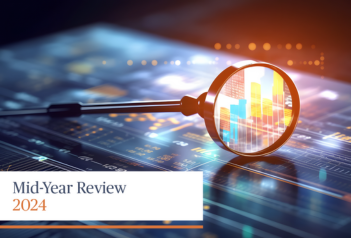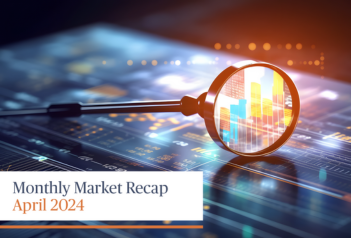The newest member of the Sendero Partners strategy team, Patrick Kenary, shared his insights on the global economy, the markets and politics. Here are a few key takeaways from his discussion with John Rowsell at Sendero Wealth Management’s event on November 20, 2019.
Peak Globalization
- The U.S. economy supported by resilient employment and housing is better positioned than other developed country economies. In the last 40 years, globalization has benefited the coastal economies of the U.S., while the growth in middle America has lagged. As we migrate from peak globalization to nationalism, there might be a reversal in that trend and countries with trade surpluses (exports > imports), such as China, Korea, and Germany, will be the most affected.
- We are still learning about the unintended consequences of Quantitative Easing. One of the biggest repercussions of keeping rates low has been the overinvestment in the energy sector; while this overinvestment has led to excess supply, it has also contributed to America’s energy independence.
Demographics
- The shift in demographics has created structural problems in global economies, especially in Western Europe, Japan, and China. A large aging population will continue to save more and spend less, and without a younger population to offset this dynamic, there might be a slowdown of economic growth and a decrease in capitalistic behavior. The United States is in better demographic shape because the Millennial and growing immigrant populations are larger than the retiring Baby Boomer population.
Politics
- With a potential change in political philosophy and at the Federal Reserve, businesses in the U.S. are most likely postponing any capital expenditure decisions until after the Presidential elections in 2020.


